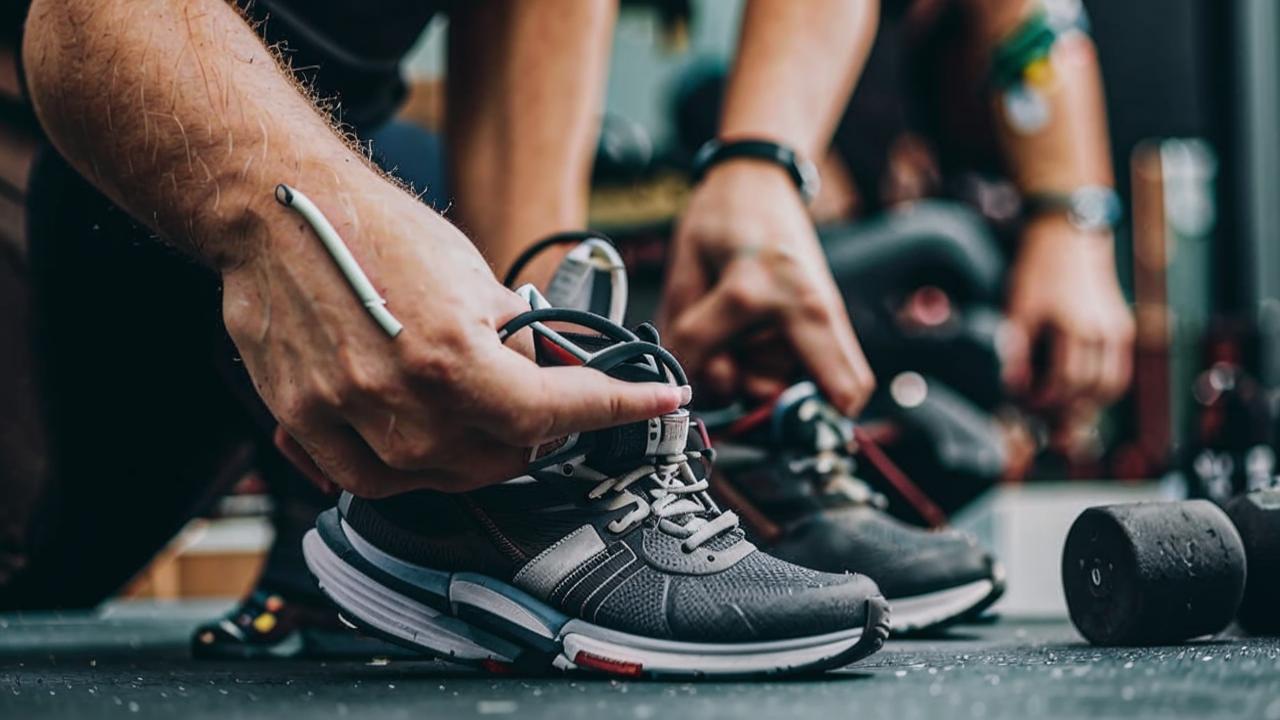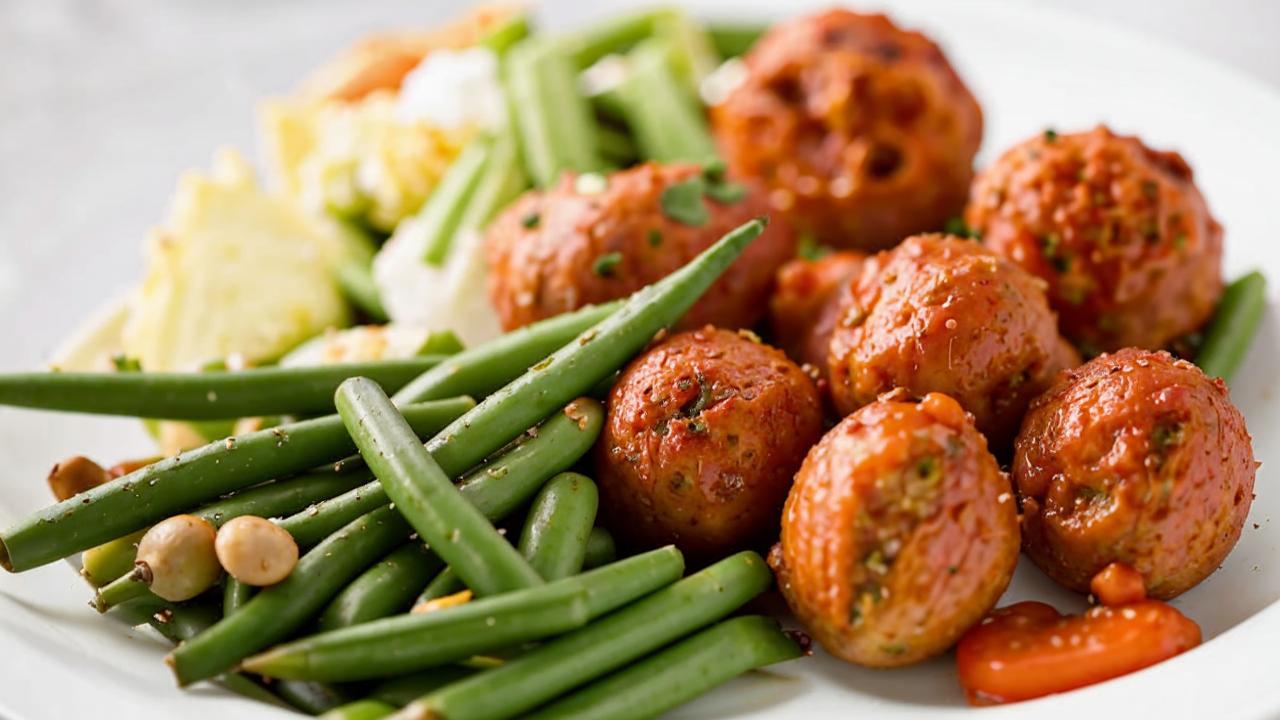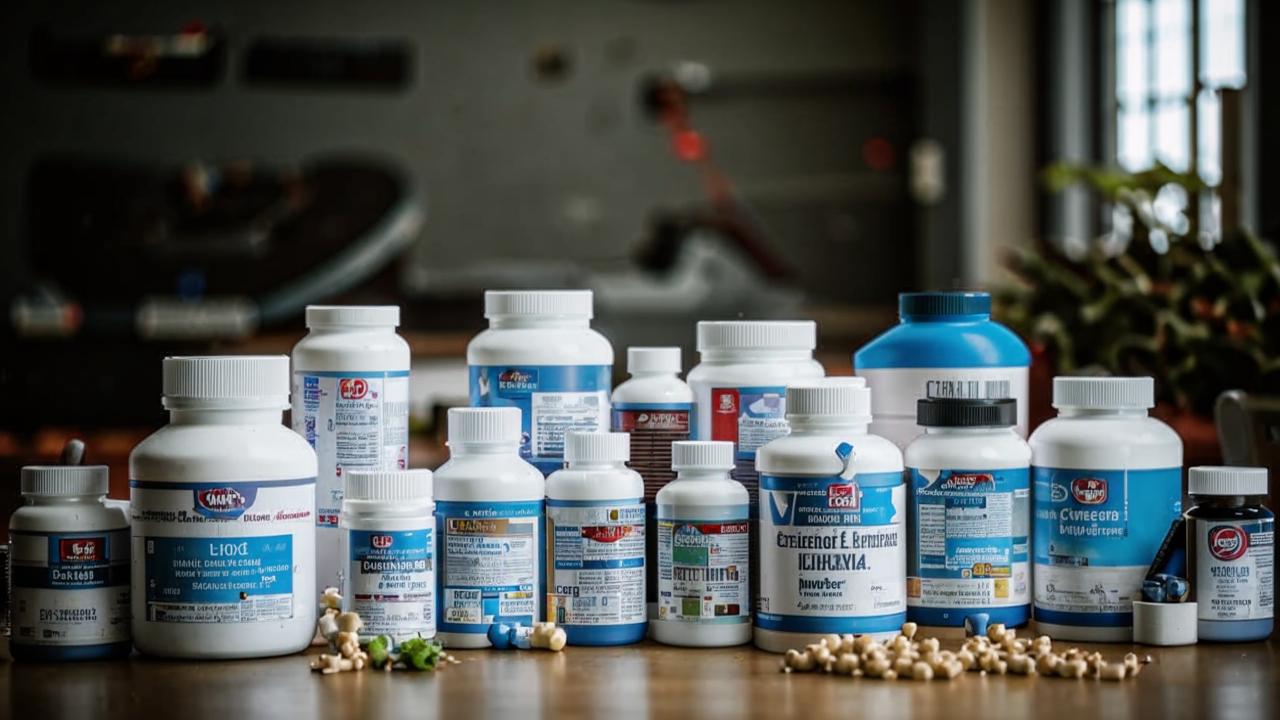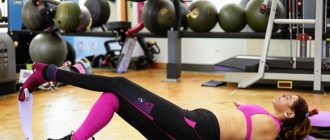The topic of nutrition has been and will be relevant at all times, and not only because we all like to eat good food, but also because the saying “we are what we eat” works one hundred percent. Few people realize that proper nutrition during training, regardless of the goal (weight loss, gaining muscle mass, keeping yourself in shape), is the most important point to achieve the desired result.

1. Paleo diet
In preparation for crossfit competitions, some professional athletes apply all known in the crossfit community “paleo diet”, based on the use of only those products that gave us nature in its natural form: meat, seafood, nuts, seeds, herbaceous parts of plants, fruits, root vegetables, etc. People, according to the adherents of this diet, in the “Stone Age” did not drink milk and did not eat cereals, did not bake bread and did not use sugar.
Opponents of such a system of nutrition as many as adherents. They have several arguments: first, in the XXI century do not find animals grown without the use of pharmacology and fodder, now it is other representatives of fauna, in the Stone Age people did not eat pets. Their main diet consisted of wild animals with minimal fat content in their meat. In other words, if you want to eat like Stone Age people, become a hunter. Life in a megalopolis is unlikely to allow it. Secondly, in the diet of such a diet is a lot of proteins and few carbohydrates, and a large amount of protein for a long period of time will not be useful. Small amount of carbohydrates – little energy, as a consequence it is hard to train. And there are a lot of such arguments. Therefore, the most reliable way is to take the best of diets and adjust it to yourself! That’s what we’ll talk about below.

2. By way of exception
The fundamental rules that modern athletes use are: no sugar or minimal sugar content, avoiding flour products, smoked meats, convenience foods, fast food, more healthy fats, predominance of animal sources of protein, controlling the total amount of carbohydrates.
Before competitions, athletes prefer to get protein from seafood and poultry, as meat acidifies the body, and this negatively affects the results. More and more often, I see that many athletes and fitness media personalities who need to look good use this approach to nutrition – equal consumption of protein and carbohydrates throughout the day, limited fats, most of which are unsaturated fats (healthy), drinking plenty of water and scheduled “cheat meals”, i.e. they allow themselves “harmful” foods to relieve the central nervous system.
The old “gain total mass – drying” system is wearing out.
This approach allows you to stay in shape all year round. The old “bulk up and dry” system is wearing out, simply because it is not good for the body due to the dramatic weight changes. The heart is under a lot of strain.

3. eating before training
As for eating before a workout. Some of the most common questions are: what to eat? How long before a workout? In what quantity?
First of all, it depends on your goal. If you are losing weight, it is protein food plus fiber, which at least a little, but will give energy. While gaining muscle mass (girls, do not be frightened, to pump up the butt – it means to gain weight), carbohydrate food plus a little protein. In both cases, the food before training should be easily digestible, for example, oatmeal + a couple of egg whites; cod + vegetable salad.
How far in advance should you eat? Depends on your metabolism. I can work out an hour after a meal and feel good. For some people, three hours won’t be enough. So you have to experiment with both time and food. How much? No matter what time of day you eat, the main rule is not to overeat! Overeating slows down your metabolism. Filling the gas tank with more gasoline than it can hold will not allow the car to go any farther! It is better to fill up twice in equal portions – cost-effective and efficient.

4. Drinking regimen
How much water should you drink? As much as you want. Pure water does not include other drinks: tea, coffee, juices and so on. Water improves metabolism, helps the body to eliminate protein breakdown products, has a beneficial effect on the whole body as a whole – improves the condition of the skin. A beginner, of course, should be forced to drink at least a liter and a half of pure water a day. For me with a weight of 73 kg it is comfortable to drink 2-2,5 liters a day. On training days a little more.

5. Sports nutrition
Separately, I will highlight five supplements that I will recommend to crossfit fans.
Vitamin and mineral complex. Here everything is simple – strengthening the immune system. Lack of one vitamin can negatively affect the digestion of food in general.
Glucosamine and chondroitin. Supplement for joints and ligaments, strengthens cartilage tissue. Crossfit puts a lot of strain on the joint and ligament apparatus. You can drink all year round, taking small breaks. For example, 2-3 months course, 3-4 weeks break.
BCAA (essential amino acids). Allow you to recover quickly after training and prevent catabolism (destruction) of muscles. They have a weak fat-burning effect and provide energy for training. 5-15 grams before and after training. In other periods there is little point, it is better to give preference to complex amino acids.
Glutamine is an amino acid that strengthens immunity, also promotes the production of growth hormone and protein synthesis. It has a number of other positive properties. In Europe, this amino acid is used in clinics for the treatment of drug and alcohol addiction.
Isotonic drinks. Drinks that restore water and salt balance, especially relevant for crossfit athletes and those who train in the heat. A lot of micronutrients leave with sweat. You can drink it during your workout instead of water.
As you may have noticed, there is no such popular protein on the list, because, in my opinion, there should be no problem with getting protein if you eat properly during the day. It’s much harder to get the right amount of carbohydrates (if you want to gain muscle mass). If you don’t have a nutritional plan, sports nutrition is a waste of money. Nothing replaces regular solid food. They are just supplements that can serve as a meal replacement in some cases. In some cases!
You can download a sample simple menu for a day, compiled by Ilnar Hakimov, coach of ARMA S.M.C. Crossfit and Fight Club.






